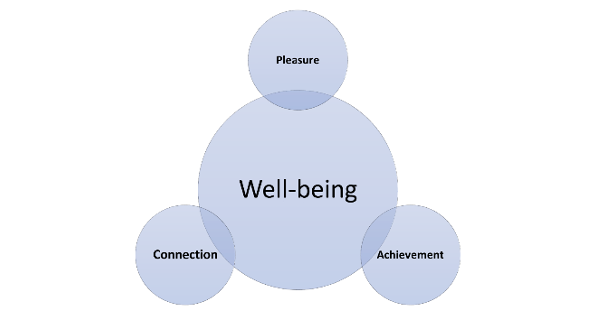
Sudhasri’s Top Tips for staying positive and maintaining balance in uncertain times:
The current pandemic is a novel situation which is unprecedented and uncertain. Such situations can give rise to unconventional worries and anxieties.
A common example involves the blurring of professional and personal boundaries. Encroachment into the “personal space” overlaps with the challenges in building “trusted professional relationships”. The latter creates the inevitable communication challenges in drawing “boundaries”, necessary to address the former issue. The resulting stress, awkwardness and interpersonal tensions leads to worries and anxieties.
Here are few practical tips for managing such anxieties, for maintaining balance and staying positive during these trying times:
1. Separate tangible problems and imagined problems:
Prioritize and focus on tangible problems such as physical workspace issues, managing young children and pets, sustaining productive focus, and staying in shape. We can use our energy, imagination, and resources in finding practical solutions to such tangible problems.
On the other hand, imagined problems involve potential incidents which may or may not happen, leading to stress from visualization of catastrophic scenarios. Examples include worries of broken relationships, inability to support loved ones and personal health crises.
Postpone such worries by deliberately setting aside a “worry-time” each day to indulge in “worry” with the objective of outcome planning. This can allow prioritizing the tangible issues and to have a structured perspective toward the imagined problems.

2. Well-being by balancing Pleasure, Connection and Achievement:
You can attain well-being by living a life with a balance of pursuits that give you feelings of pleasure, achievement, and connection.
Feeling of pleasure helps us to perform better, improves our health, strengthens our relationships, motivates us to be creative and inspires us to look into future with hope and optimism. We can engage in activities that make us feel good such as spending time with friends and family (even virtual), engaging in hobbies of our choice, enjoying nature, and music.
We are social animals, and we have a basic need for connection, association, and relationship. We can enhance our well-being by building stronger connections.
To attain well-being and happiness we must experience a sense of accomplishment in our life. It is important to set tangible goals and achieve them, which contributes to building hope and positivity. Achievement is not only important for well-being, but is also a vital ingredient for self-confidence.
Together these three elements provide a strong foundation necessary for improving the efficacy of each individual element and the balance between them leads to a flourishing life.

3. Compassion towards self:
Showing compassion towards self is important for well-being. By using cognitive behaviour therapy techniques, we can identify our negative thoughts, worries and anxieties.
We can then practice responding to them with positivity, compassion and without judgement. For example, if you are feeling anxious after watching some disturbing news, it is important to show self-compassion and care by doing something that you would expect your best friend to advise you to do in such situations.
Focus and identify your strengths. Invest in nurturing them. Positivity comes from appreciating and focusing on the blessings you have, rather than being self-critical.
Self-compassion is a key to a happy life. It leads to positive emotion, which in turn contributes to achievement, stronger connection, and intensity of pleasure.

4. Mindfulness for Being in the Moment:
Mindfulness is about being aware of the present, moment-by-moment, without making any judgements about what we observe. We often find ourselves dwelling on events that have already happened, or worrying about things that could happen. Oftentimes, we make judgements about our own experiences that can lead an overwhelming feeling of misery and distress. For example, thoughts like “this pandemic is horrible”, “this pandemic is killing people”, “this pandemic is never-ending” and “I can’t take this pandemic anymore” are judgements associated with misery. Practising mindfulness teaches us to accept our thoughts without judgment. You can learn to let go of your worries by observing your anxious and negative thoughts coming to your mind from a distance and cultivating a notion, that you are different from your thoughts. Mindfulness is a step towards maintaining balance and well-being. Our minds can attend to things in the past, present or future. There is considerable evidence that mindfulness practice can help people cope effectively with worries and anxieties and empower oneself to cultivate positive emotion to live more fulfilling lives.



